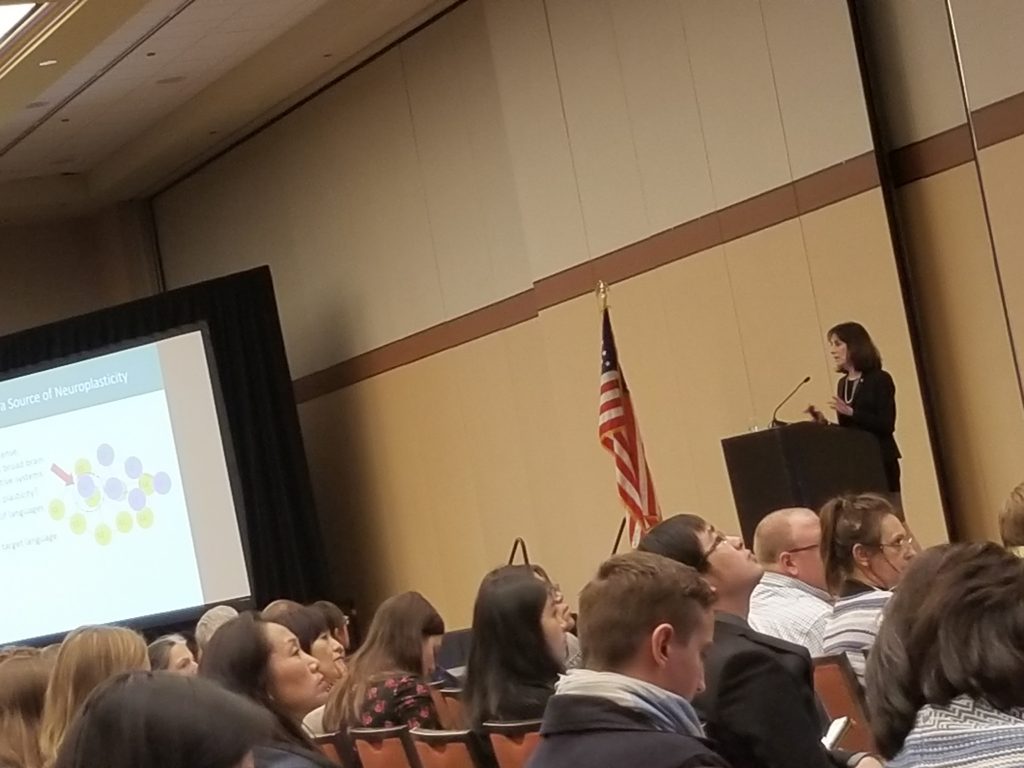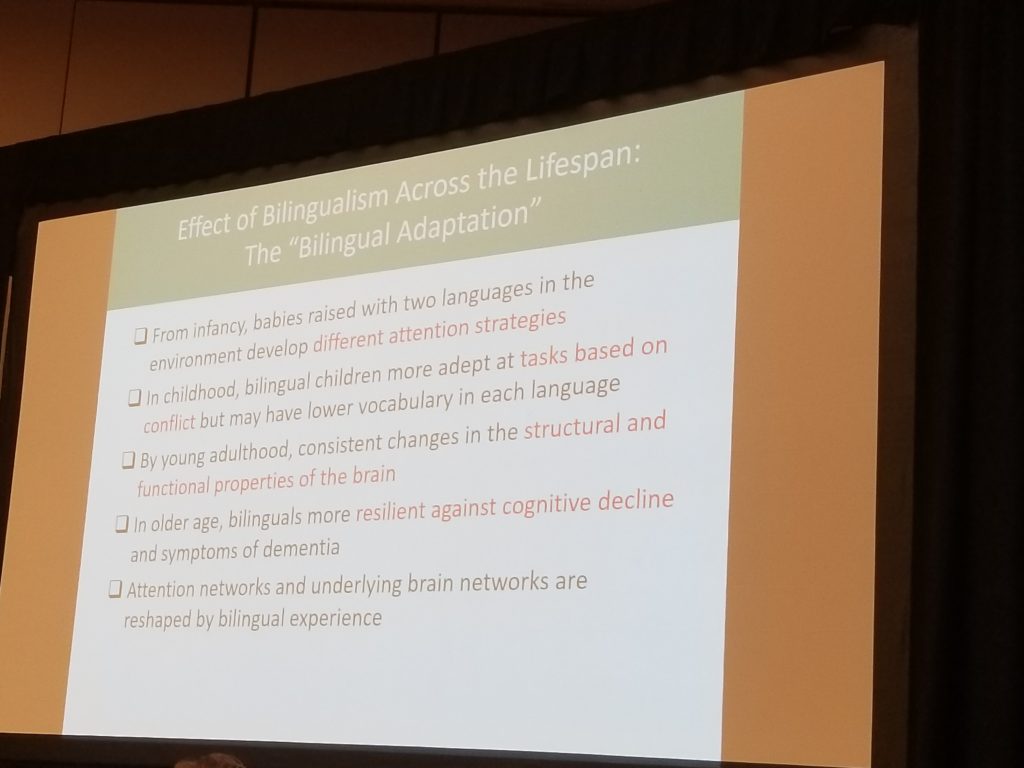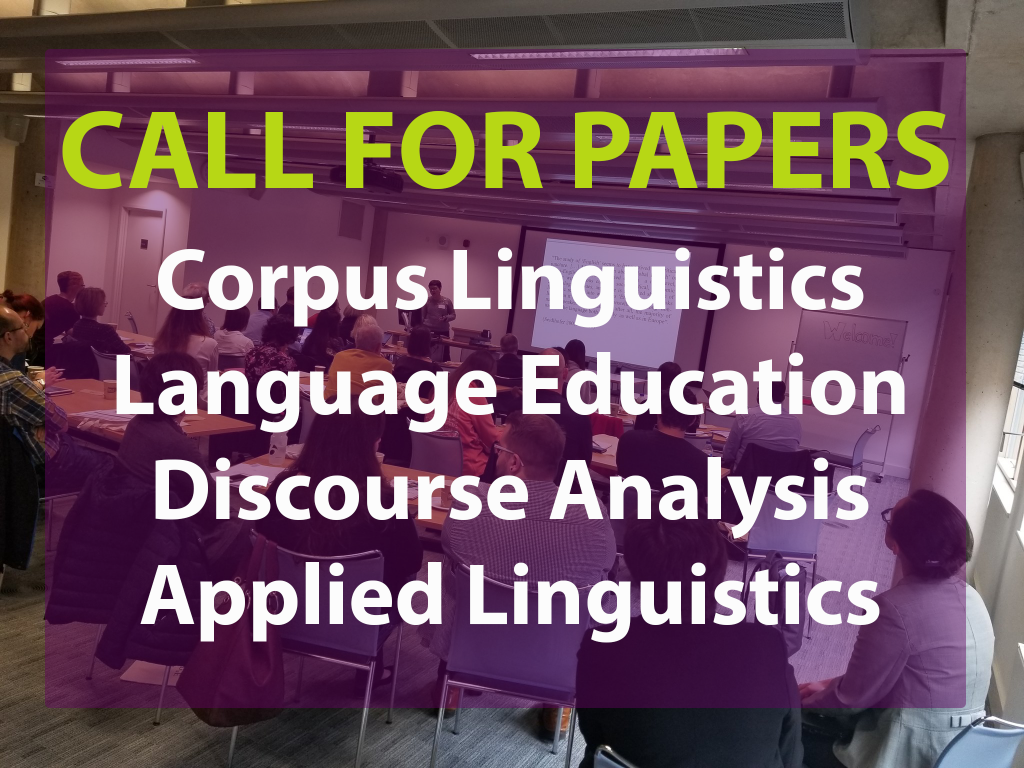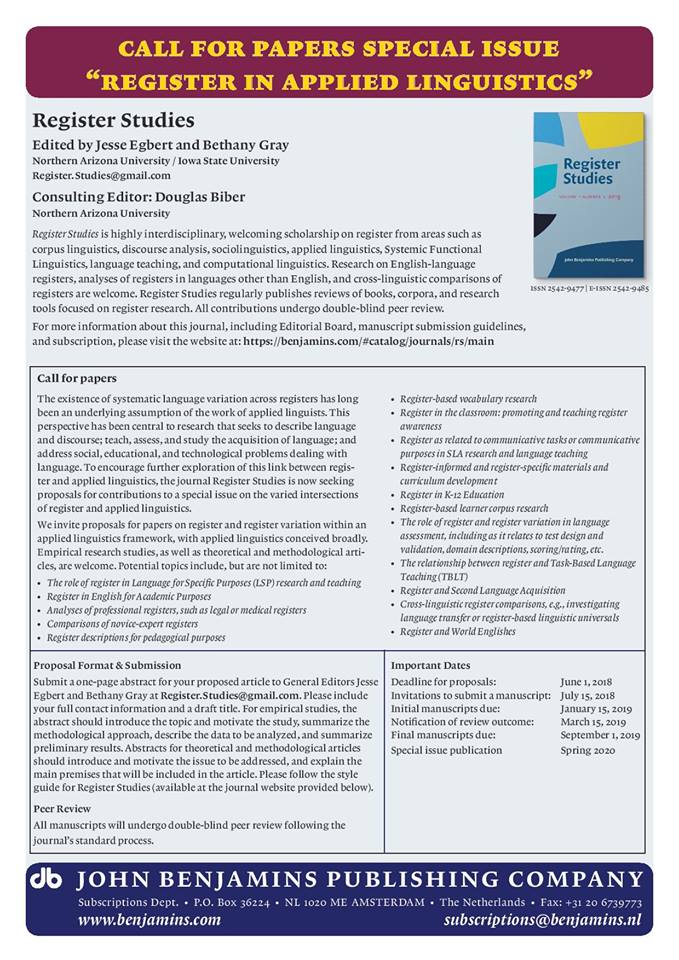
Lifelong Bilingualism: Reshaping Mind and Brain
Sun, March 25, 11:20am to 12:25pm, Sheraton Grand Chicago, Chicago 6 and 7
Ellen Bialystok, York University
Abstract
All our experiences contribute to the way our minds and brains develop, but intense experiences have a special role in shaping our cognitive systems. As humans, no experience is more intense or pervasive than our use of language, so a lifetime of learning and using (at least) two languages has the potential to leave a profound mark on human cognition. A large body of research conducted with people at all stages in the lifespan, from infancy to old age, shows that the experience of being actively bilingual reshapes the mind and brain. Beginning with infants exposed to two languages at home and ending with older adults coping with dementia and neurodegenerative disease, cognitive and brain outcomes are different for monolinguals and bilinguals. These differences are generally in the direction of more precocious development for bilingual children and more protection against cognitive decline for bilingual older adults. This talk will review the evidence from these studies and propose an explanation for how exposure to and use of two languages leads to these cognitive and brain consequences.
Language use is intense, sustained, recruits broad brain networks and cognitive systems.
Bilinguals need to select the target language. Attention networks are required.
Bilinguals use the same brain networks for the same tasks. They´ve adapted their behaviour for verbal selection.
In Toronto 50% of the homes do not use either English or French.
-Conflict resolution (Flanker task)
The more bilingual, the better they did
-Frog working memory task (spatial working memory) (no time limit)
The more bilingual, the better they did
-Stop signal task (gold standard for detecting attentional disorders) Response inhibition
The more bilingual, the better they did
The better attention, the better they did
Socioeconomic status and bilingualism: same status, bilinguals do better (Calvo & Byalstock, 2014)
Bilingual adults doing the Simon Task perform as well as younger subjects (reaction time).
Fascinating study by Bat et al. (2014): long term effects of bilingualism.
We studied 853 participants, first tested in 1947 (age = 11 years), and retested in 2008–2010. Bilinguals performed significantly better than predicted from their baseline cognitive abilities, with strongest effects on general intelligence and reading. Our results suggest a positive effect of bilingualism on later‐life cognition, including in those who acquired their second language in adulthood.
Being bilingual postpones the appearance of Alzheimer´s disease.
Klein et al 2016 SSM Population Health Data form 93 countries: wrong to way to do statistics and interpreting data but shows that in bilingual countries the impact of dementia is less dramatic.





